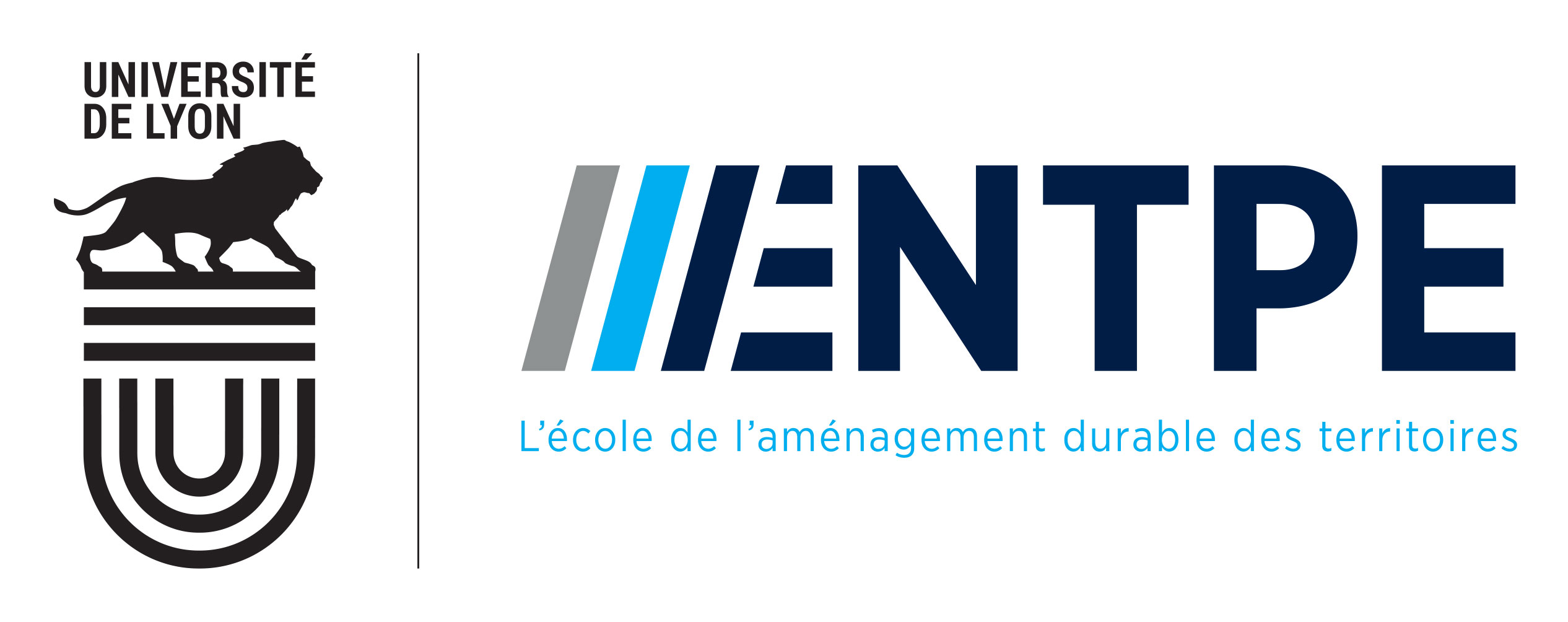Title
Thèse CIFRE (Mytraffic – LICIT-ECO7) – Located in Paris / Lyon Mytraffic, (European leading company in location insights), and the LICIT-ECO7 research laboratory of the Gustave Eiffel University are thrilled to offer a unique CIFRE PhD opportunity on “ML-based inference of fine-grained pedestrian mobility flows and PoI attendance from multi-source massive data”.
Context
Being able to accurately estimate the mobility patterns of the population is of great interest to stakeholders from both the public and private sectors, as it enables them to make evidence-informed policies and investments. For example, a city official might be interested in measuring the number of people attracted by points of interest, such as parks, museums or historical neighbourhoods, or the attendance to events, such as concerts and Christmas Markets. In transportation planning and management, it is crucial to accurately estimate and forecast travel demand to make informed decisions about infrastructure investments, operational strategies, and policy interventions.
Traditionally, both public and private stakeholders have relied on surveys and counting infrastructure as major sources of data used for analyzing and modelling mobility and attendance. However, these methods are punctual in time and/or space, as they are conducted over limited periods of time (surveys), or they are spatially constrained to a single location (pedestrian sensors, vehicle loop detectors, and cameras).
The broad adoption of information technologies by the population has led to the emergence of novel sources of location data, including GPS positions collected by mobile phone apps and connected vehicles, mobile phone records from cellular network providers, as well as Location-Based Social Network (LBSN) data from social media platforms. All these data sources allow the continuous collection of huge amounts of information on people’s mobility behavior, over large periods of time, and covering large areas. Thus, offering groundbreaking possibilities to modeling mobility patterns at high spatio-temporal resolution. However, relying on a single data source may not provide a complete picture. While each data source has its limitations and biases, integrating them through data fusion techniques can lead to more accurate and reliable mobility models.
Objectives
- Your first objective will be to consider multiple data of different nature from diverse sources via data fusion techniques for accurately modelling human mobility patterns at large scale. You will also explore different possible data aggregations and quantify uncertainty and biases that are added during the process of data reduction.
- Your second challenge will be to test the effect of loss of information on the quality of the estimations, proposing a methodology that relies on incomplete data. This is a crucial aspect, both from a research perspective and from the perspective of Mytraffic, as it would guarantee the continuity of the business in the case of changes in the data protection regulations.
- A third objective of the PhD is to propose a methodology to validate the results of the models. This includes building a ground-truth database with publicly available data, such as attendance to events, videos, public transport ticketing information, and other sources, that can be used to validate the accuracy of the proposed models.
You will have the opportunity to gain expertise in spatiotemporal and transportation modelling, big-data manipulation, and processing, by working on a comprehensive and extensive multi-source dataset collected over a significant period of time in a whole country. The dataset includes cell phone GPS, connected vehicles GPS traces, telecom provider aggregates, and public transport data, that will be available from the beginning of the PhD program.
Thesis director
Ludovic Leclercq (LICIT-ECO7)
Advising team
Ludovic Leclercq (LICIT-ECO7), Angelo Furno (LICIT-ECO7), Humberto Gonzalez (Mytraffic)
Expected Profile
The candidate must have the equivalent of a BAC+5 degree from a University or Engineering School in France, with specialization in applied mathematics, data science-related fields and/or mobility and transportation fields. We are expecting applicants to have a solid background in programming (Python). The candidate must have a good understanding of English.
Workplace
The PhD student will spend a minimum of 1/3 of the time (one year) in the LICIT-ECO7 lab based in Lyon, the rest of the time they will be based at MyTraffic offices, in Paris.
How to apply
Applications require a CV and a motivation letter to be sent to:
- Ludovic Leclercq: ludovic.leclercq@univ-eiffel.fr
- Angelo Furno: angelo.furno@univ-eiffel.fr
- Humberto Gonzalez: hgonzalez@mytraffic.fr
Who are we
Mytraffic (https://www.mytraffic.io) is scale-up that aims to boost the performance of commercial real estate players (Retail, Real Estate, Local Authorities, Consultancy) thanks to an innovative Saas solution raising the real world to the level of the digital world in terms of geolocation analytics. We have already convinced more than 420 clients (Nhood, Nuveen, H&M, Dyson, Amorino, Carrefour, Klepierre, American Express, BNP) to work with us across Europe.
Mytraffic is a growing scale up (+130%/year) supported by a 10 M€ Series A fundraising round with Alven and Kernel Investissements in September 2021 and a 30 M€ Series B fundraising round led by AXA Venture Partners to finance its European expansion and to provide digital intelligence to brick-and-mortar operators.
The LICIT-ECO7 laboratory (https://licit-lyon.eu/) is a mixed research unit under the dual supervision of ENTPE and Gustave Eiffel University. LICIT-ECO7 produces research on mobility and energy management for sustainable and resilient transport. Specifically, LICIT-ECO7’s researchers work on the development of innovative tools for intelligent mobility, the analysis of the impact of new mobility technologies and services, and the definition of novel approaches to improve the resilience of transportation networks. The developed models and tools are applied for supporting decision-making for transport planning, management and operations.



No responses yet